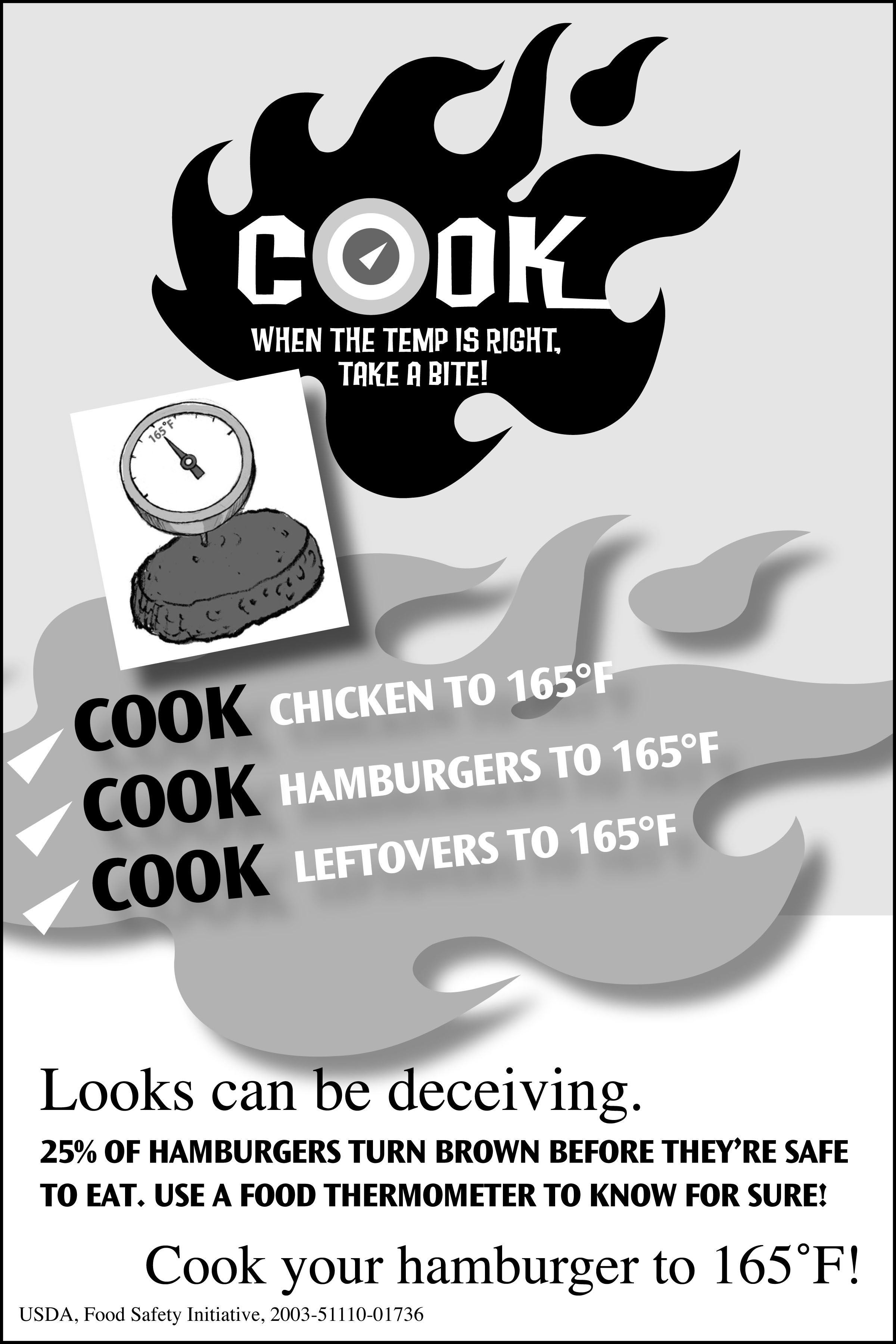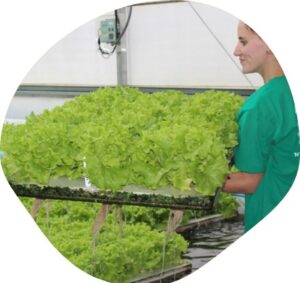According to the American Farm Bureau a Fourth of July Cookout will cost $67.73 for a party of 10, down 3% from last year’s record high. Cookout favorites include cheeseburgers, chicken breasts, pork chops, homemade potato salad, strawberries and ice cream, among other products. For more information: please see AFBF Fourth of July Cookouts.
As you prepare for your cookout, please remember food safety risks whenever preparing food, particularly for outdoor consumption. Please see these Rutgers Factsheets: Serving Food Safely and Handling Leftovers Safely. (Authored by Sara Elnakib, PhD, MPH, RDN, Family & Community Health Sciences Educator, Rutgers Cooperative Extension and Don Schaffner, Rutgers Extension Specialist in Food Science).
s

